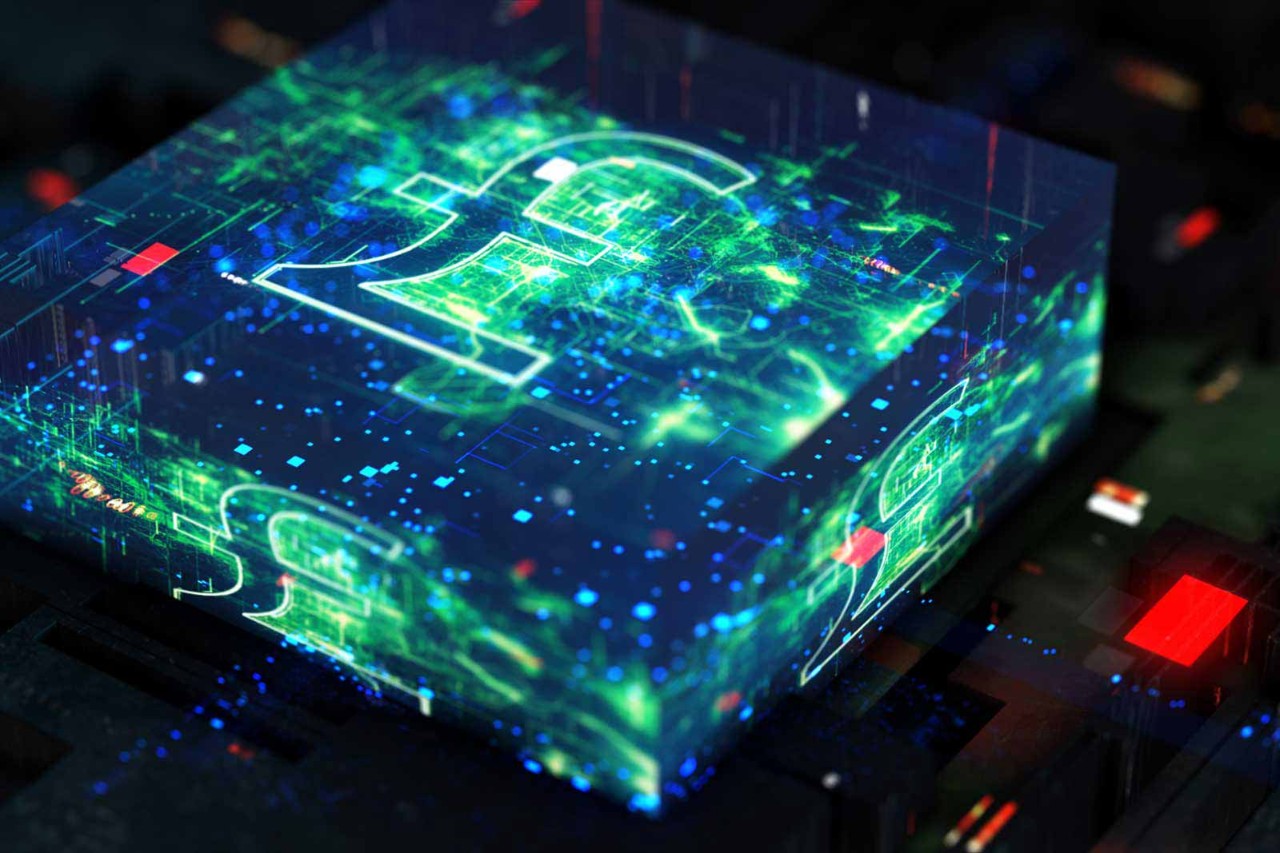
In just a few years non-fungible tokens (NFTs) have exploded in popularity, springing up across a range of diverse sectors, from art and designer sneakers to gaming and collectibles.
‘Research suggests Asia is quickly catching up with the US, the largest market for NFTs’
Growth in the digital asset – which represents ownership or proof of authenticity of unique items or content – is particularly strong in Asia. According to a report by Finder released in October 2022, India, Vietnam, Hong Kong and Singapore hold the top four places for NFT ownership in the world.
‘The NFT industry in Asia Pacific is expected to grow,’ says John Stefanidis, CEO and co-founder of gaming platform Balthazar. He adds that while it is difficult to source credible data on trading volume by region, some research suggests Asian markets are quickly catching up with the US, which has traditionally been the largest market for NFTs.
Research by Balthazar found that there was about US$30bn of NFT trade volume in 2022 across the world, while digital website Gitnux noted that 35% of the global trade volume of NFTs last year came from Central and South-East Asia. According to Stefanidis, gaming has seen the strongest NFT take-up in Asia – particularly South-East Asia – through play-to-earn games.
NFTs had a strong first quarter in 2023, with a 137% increase in trading volume to US$4.7bn, the highest since Q2 2022, according to an industry report by DappRadar, a global app store for decentralised applications. However, trading has weakened since, dropping 38% in Q2. DappRadar argues that the smaller fall of 9.2% in the number of sales suggests enduring market interest and activity.
Hong Kong hub
From a regulatory perspective, the response has varied across the region. While Beijing banned cryptocurrency transactions in mainland China in 2021, Hong Kong SAR has set up a new licensing regime that may eventually extend to retail crypto trading, positioning the special administrative region as a potential location for companies from mainland China to set up NFT trading platforms.
Hong Kong has proven very friendly for Web3 startups, especially those that focus on tech or infrastructure development. Market participants consider the new licensing regime for virtual asset service providers (Vasps), which came into force in June 2023, to be an important milestone in the development of a healthy market for virtual assets in Hong Kong.
Other Asian jurisdictions are also now working to clear away regulatory uncertainties and allow market participants to tap into this growing asset class.
Japan, for example, has developed comprehensive regulations around crypto, with frameworks covering everything from decentralised autonomous organisations (DAOs) to NFTs. At the same time, promoting Web3 remains part of Japan’s national strategy. As of April 2023, Japan was home to 30 crypto-asset exchanges, according to the country’s Financial Services Agency.
‘Each NFT is distinct and cannot be exchanged on a like-for-like basis’
Early days
There is a crucial difference between NFTs and cryptocurrencies such as bitcoin, Stefanidis points out. ‘Each NFT is distinct and cannot be exchanged on a like-for-like basis. In gaming, NFTs can represent in-game items, characters or even game levels and land, and allow players to own these assets by earning, buying or trading them,’ he says, adding that they enable artists to sell their digital works directly to collectors, with a blockchain ensuring provenance and ownership.
Like any other means of transferring value, trading NFTs comes with risks, with regulatory ones at the top of the list. The industry is still in its infancy, so many jurisdictions are still working out how to treat NFTs under existing laws or whether new legislation is needed. Other risks include the danger of losing access to an NFT if a private key is lost, or of buying a fake NFT.
‘Given the pseudonymous nature of blockchain transactions, there is a potential risk of money laundering, as bad actors might attempt to use NFTs to move money illicitly,’ says Stefanidis.
‘NFTs will play a critical role in many industries’
Traditional takes
NFTs are also gaining ground in more traditional sectors. In real estate, for example, they can be used to represent ownership of digital assets in virtual worlds as well as increasingly to authenticate deeds or contracts of sale for physical property. In academia, they can demonstrate ownership of intellectual property, while in supply chain management they can track and authenticate goods.
It is still early days, Stefanidis says, and more innovative and creative ways to use NFTs will come. ‘I believe NFTs will redefine digital ownership and spawn entirely new markets. As technology evolves, it will play a critical role in many industries, decentralising sectors, and empowering creators and consumers,’ he says, adding that it is crucial that this goes hand in hand with ‘the development of effective regulatory frameworks that protect consumers while fostering innovation’.
More information
Read AB‘s recent articles on NFTs: No limit to NFTs and Regulating the crypto markets




